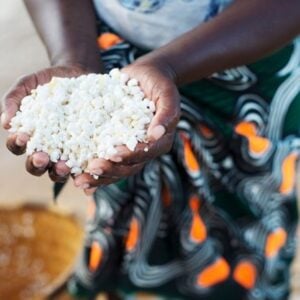The FAO Regional Office for Africa Resilience Team conducted its third virtual Community of Practice (CoP) meeting on 8 July 2025, gathering FAO staff and technical experts from across the continent. The focus was on sharing practical lessons from South Sudan’s experience in strengthening seed systems within fragile and conflict-affected environments.
South Sudan has significantly increased its reliance on locally sourced seeds, rising from 15% to over 55% in recent years. This progress is attributed to FAO’s inclusive approach that supports both formal and informal seed systems. Key strategies include building the capacity of farmer cooperatives, training agro-dealers, and promoting resilient local seed varieties.
To address seed quality challenges in the absence of fully operational national certification systems, informal Seed Quality Control Boards (SQCBs) have been established at state and county levels. These boards help enforce quality standards and improve trust in locally produced seeds.
The session highlighted public-private partnerships, with seed companies collaborating with farmer cooperatives and support from the South Sudan Seed Traders Association to connect producers and buyers. FAO is also actively preserving indigenous seed varieties that are better adapted to local environmental stresses such as floods and pests.
Additionally, FAO is working with South Sudan’s Ministry of Agriculture on a 10-year Agricultural Mechanization Plan. This initiative introduces tools like seed planters, threshers, and cleaners to enhance productivity. Seed fairs are also being utilized to strengthen local seed markets by building trust and stimulating demand.
The virtual meeting enabled participants from various African countries to exchange experiences on topics such as early generation seed supply, market development, farmer-led innovation, and enhancing FAO’s field tools. The event reaffirmed the Community of Practice as an essential platform for collaboration, shared learning, and continuous improvement.







